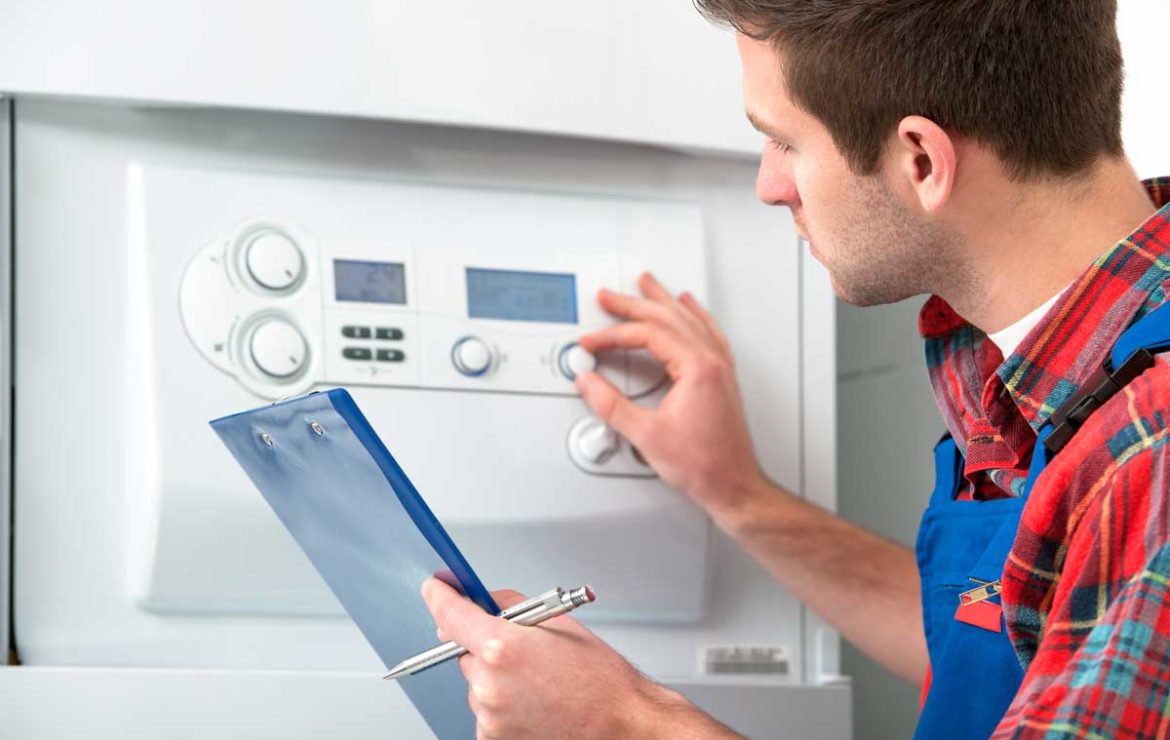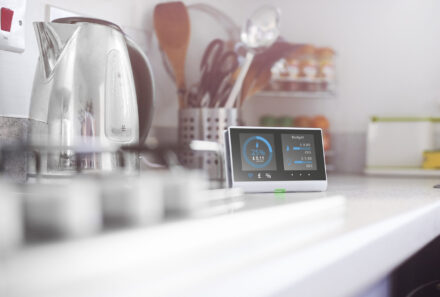
What to do if your boiler loses pressure
With the depths of winter on the way in the months ahead, you’ll want to take whatever steps you can to make sure your heating system is working properly and you’ll be able to keep your home warm for you and your family.
One of the more common reasons that heating systems break down in winter is a loss in pressure; your boiler must be at the correct pressure for hot water to circulate properly between your radiators.
The good news is that low pressure is relatively easy to diagnose and on some occasions, put it right yourself. To help you stay calm in (low) pressure, here’s our guide on the most common boiler pressure problems.
Before we dive in… what is boiler water pressure?
The boiler in your home heats cold water that flows around pipes and radiators through your home. For the boiler and heating system to work efficiently, water pressure needs to remain stable; in most modern combi-boilers, the pressure is maintained by a “filling loop”, which connects to your cold water pipe.
What are the main causes for pressure dropping?
There are two main causes when it comes to loss of pressure:
1) A leak somewhere in the system — it may only be a tiny leak, but if it’s been unnoticed for some time (a real possibility if the leak has been going through summer and you’ve not used your heating in a while) it can lead to a gradual drop in pressure.
2) Bleeding radiators — If you’ve bled your radiators recently, you may have lost some pressure because when you bleed a radiator, air is released, lowering the pressure in your boiler system.
How do I check the pressure?
On the front of your boiler, you should find a water pressure gauge. If you have a hydraulic pressure gauge, you’ll see low and high pressure indicated by red sections on the dial. The position set when the boiler was installed is sometimes shown by a red indicator needle. On most digital gauges, you’ll see a flashing pressure reading, if there’s a low (or high) pressure warning.
Can I fix low boiler pressure myself?
Boiler pressure systems differ, so it’s always best to check the manual of your boiler to see if you can re-pressurise it yourself. Your boiler may also have instructions on the rear of the control panel — though our top tip if you’re going to attempt anything yourself is to visit your boiler brand’s website or Youtube channel to see if they have any tutorials on what you should do.
How do I avoid such problems in future?
Our low cost PressureSentry device warns you of a potential issue before the boiler shuts down and causes major problems. The device warns you when the pressure in their heating system falls too low; you can take steps to easily readjust the pressure themselves in the first instance, and then schedule a home visit during normal working hours, avoiding an expensive emergency call out during off-peak hours.
Being notified of a potential problem before it happens protect the boiler from any risk of damage, while ensuring you’re not left in a cold home with no hot water.
Where does it go?
The PressureSentry device can be fitted to most radiators and is ready to go within just a few minutes. The great thing about the device is that once it’s installed you really can forget about it, as it only draws on battery power if low pressure is detected within your system. If the device is triggered, as soon as the pressure is returned to normal, it’ll reset itself. It really couldn’t be simpler!
How does it work?
Once the pressure within your system falls beneath a pre-set level, the PressureSentry will sound the alarm which comes in the form of a flashing light and an audible sound. This indicates that the pressure within your system needs to be adjusted, which you’re able to do in a few easy to follow steps.
Because the PressureSentry gives a visual and an audio alarm, it’s suitable for the 13 million people within the UK that are either hard of hearing or visually impaired.
The benefits:
1. It takes just minutes to install.
2. It provides early identification of a loss of pressure in your heating system.
3. You can avoid one of the most common causes of emergency plumber callouts.
4. You can prevent the shutting down of your heating system or damage to your boiler.
5. It’s suitable for hard of hearing or visually impaired homeowners.
For more information on the PressureSentry please get in touch by visiting https://teddingtonheating.com/pressure-sentry







